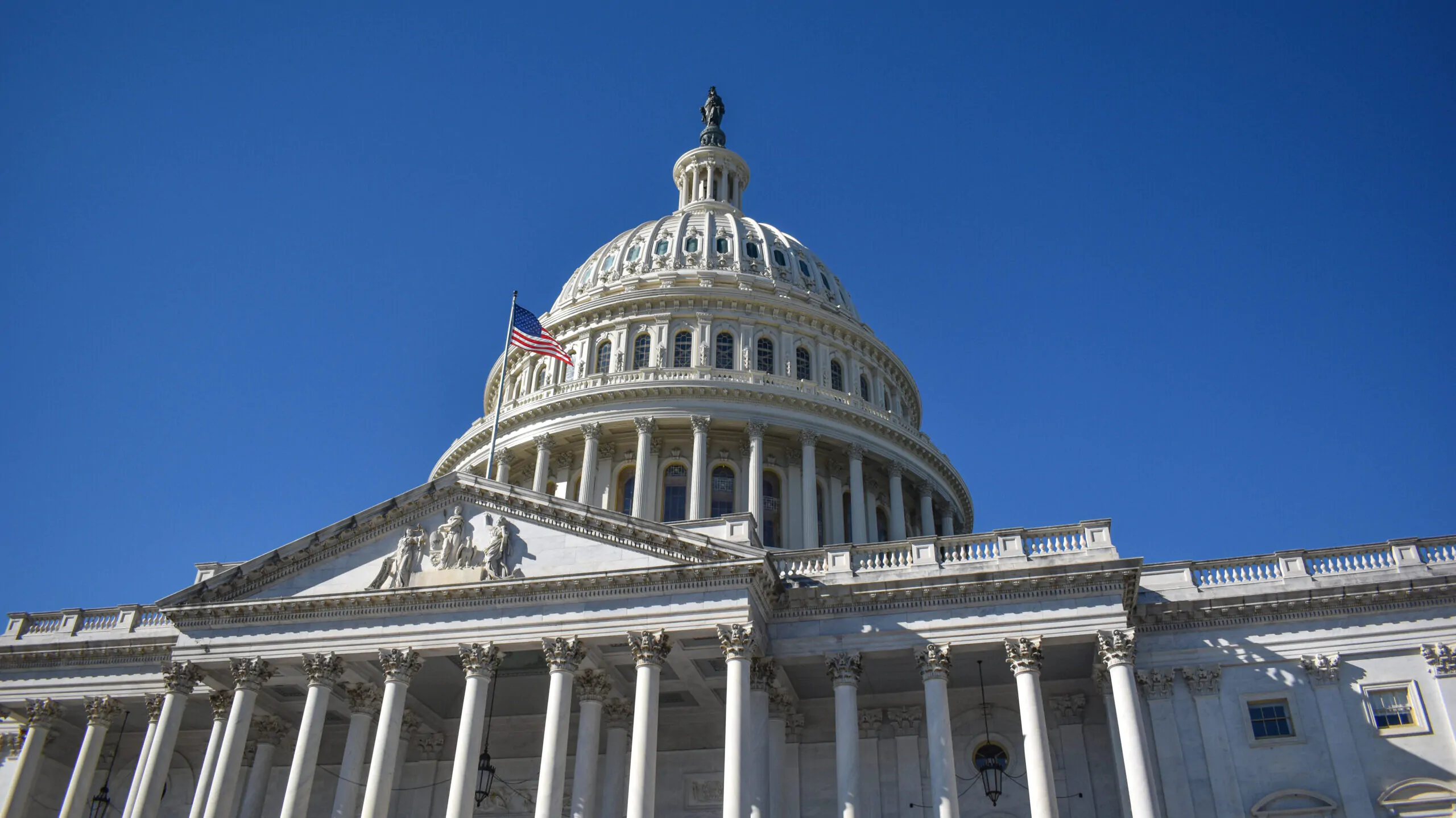There is a lot of talk in Washington right now about fiscal responsibility—and for good reason. Lawmakers have a generational opportunity to pass meaningful tax reform and strengthen the country’s long-term financial outlook.
But how we get there matters. And as it stands, the Senate’s reconciliation bill includes provisions that could leave Alabama behind.
As currently written, the Senate’s budget proposal includes the expiration of premium tax credits that help families afford health coverage, as well as changes to Medicaid that hospital leaders warn could be difficult to absorb. Loretta Wilson, CEO of Hill Hospital in York, expressed concern that hospitals like hers may not be able to survive.
In rural communities, where every provider counts, that is something we should take seriously.
The bill also attempts to shift SNAP costs onto states, a move that could hit Alabama’s budget and low-income families alike. While the Senate parliamentarian initially rejected this cost-sharing provision, a modified version was recently approved. The underlying concern remains that shifting a federal responsibility like food assistance onto states may help paper over the cost of tax cuts, but it risks reducing support for those who rely on SNAP and straining already tight state budgets.
And even with these cuts, the bill could increase the deficit by trillions. The Senate Finance Committee’s own figures rely on a budget gimmick called “current policy” that assumes tax cuts already exist, which helps hide their true cost. Independent estimates show that the Senate version would increase the deficit by up to $4.8 trillion over the next decade if temporary cuts are extended, nearly $500 billion more than the House version.
To be clear, these are not reasons to walk away from the table. There are reasons to pause, assess, and work toward improvements. Good policy takes time, and when the stakes are this high, it is better to be thoughtful than fast.
Senator Katie Britt, Congressman Gary Palmer, and others in Alabama’s congressional delegation have consistently spoken about the importance of responsible budgeting and protecting essential services. Their leadership is well-positioned to ensure that Alabama’s voice is heard, and our state’s needs are addressed.
The goal should be clear: deliver tax relief that is fiscally sound and does not come at the expense of critical care or community support. With a bit more time and care, it is a goal Congress can still meet.





















































